"The issue of security has become our top priority," Kristof Szalay-Bobrovniczky said on Tuesday at a major Hungarian Atlantic Council (MAT) conference, organized to mark the 75th anniversary NATO's founding and the 25th anniversary of Hungary's membership. The defense minister warned that there are signs of a possible escalation of the Russia-Ukraine war, in which neither Hungary nor NATO should get involved, and that the utmost must be done to achieve a ceasefire and peace talks. "Those who want to take NATO to war are risking the outbreak of a world war," he stressed.
Russian forces have announced a nuclear capabilities exercise, signalling the swinging of the escalation pendulum to ever more extreme levels,
the minister said.
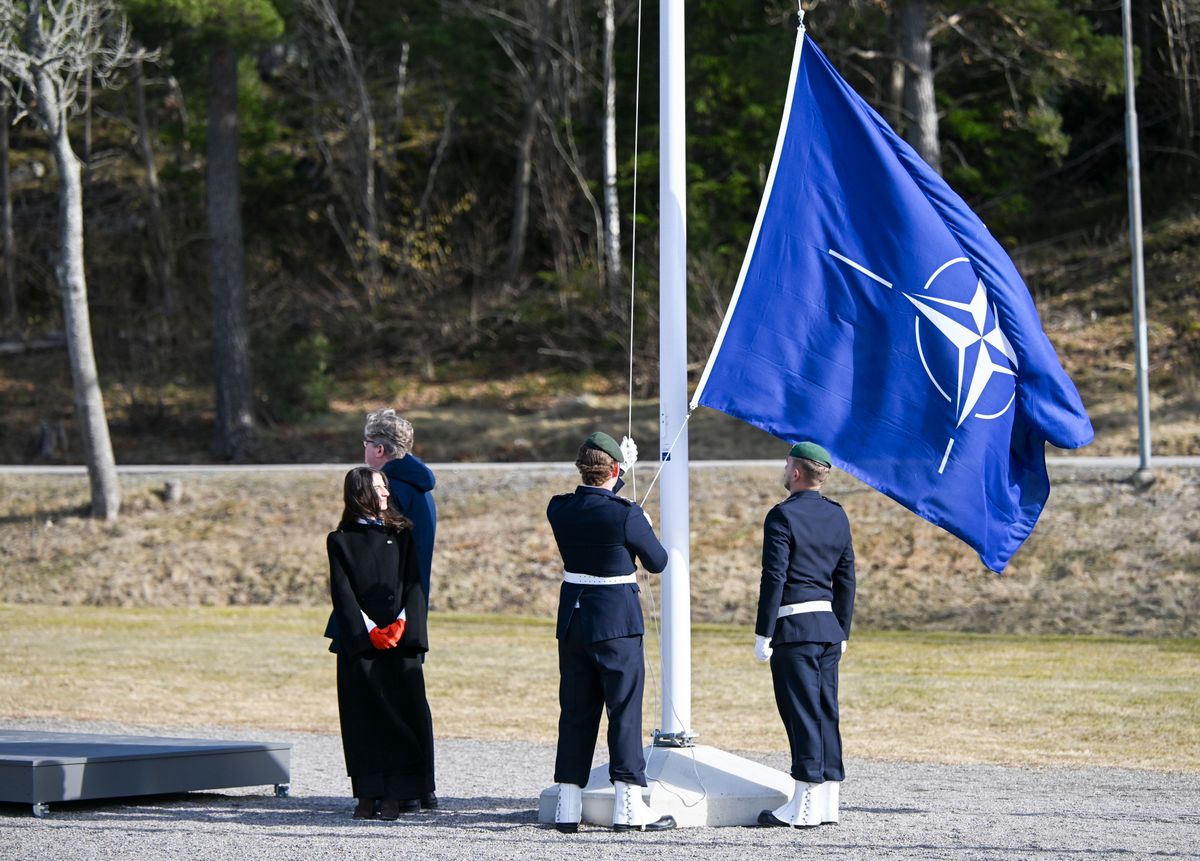
Looking back on the country's 25 years in NATO, the minister stressed that Hungary has always been an active member of the defense alliance: tripling defense budget spending and managing to channel two percent of GDP into defense. He added that we participate in several NATO missions and the Hungarian armed fores also perform airspace missions. In addition, 2024 will be a very active year for Hungary, as we will take over the rotating EU presidency, in which defense will be a priority.
Without sovereign, strong national military forces, there is no point to NATO,
he pointed out, stressing the importance of developing and modernizing the armed forces.
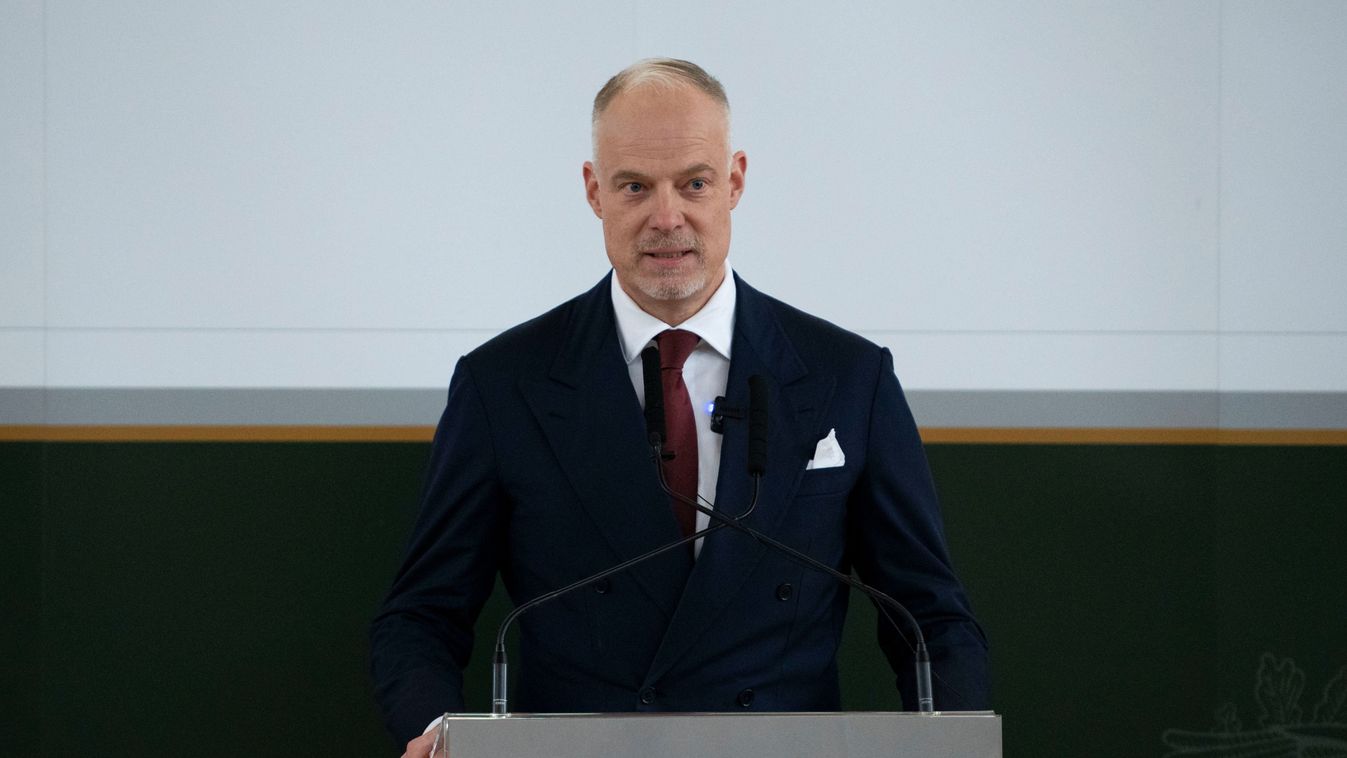
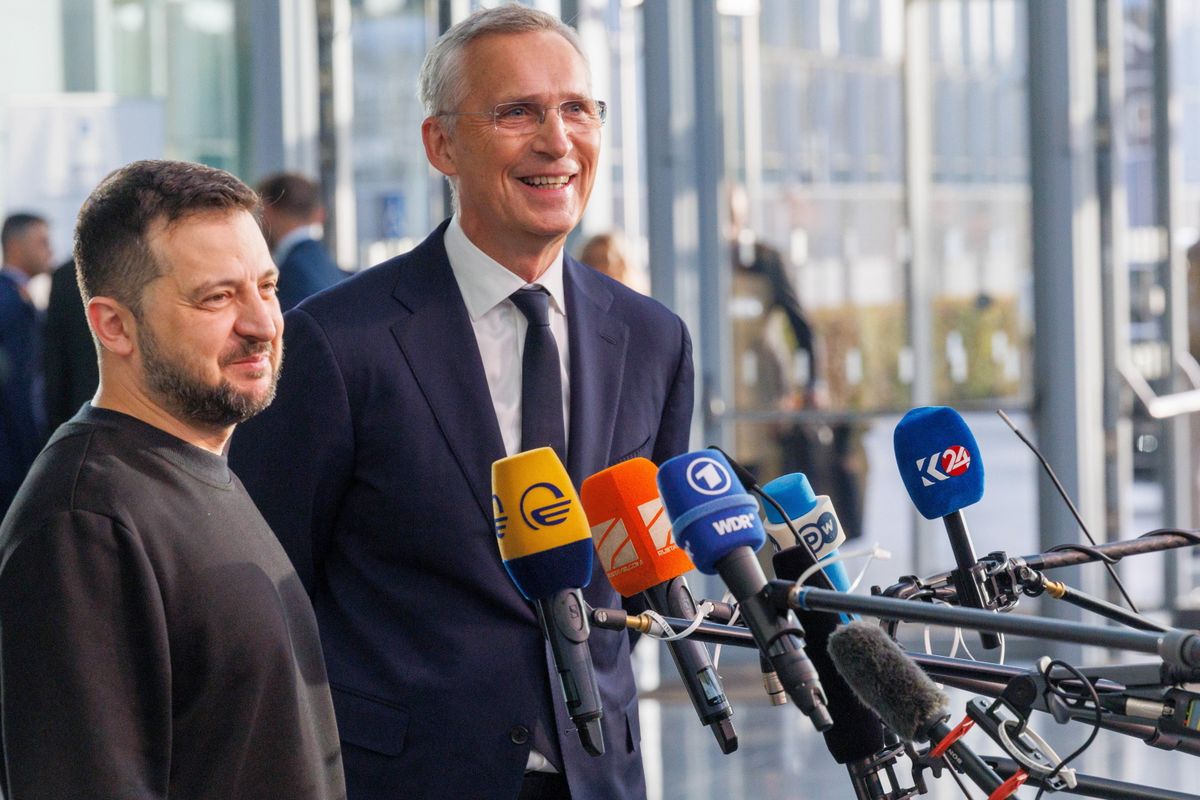
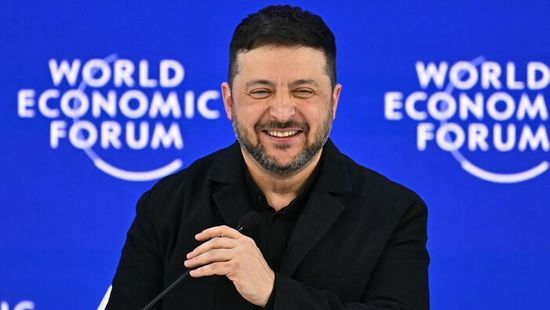
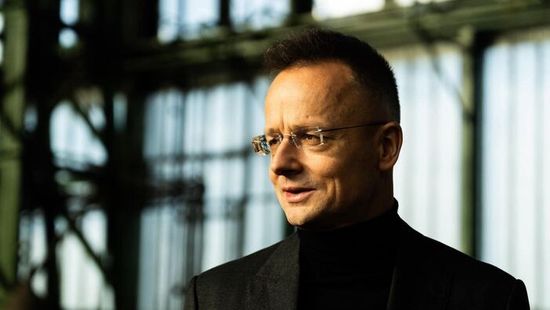
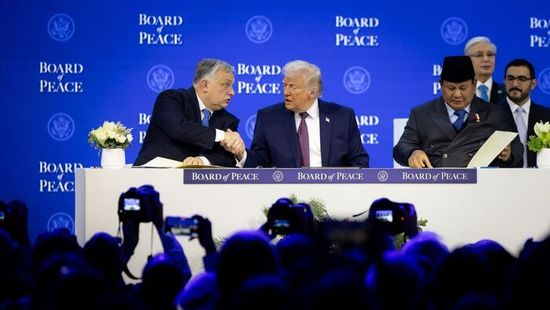
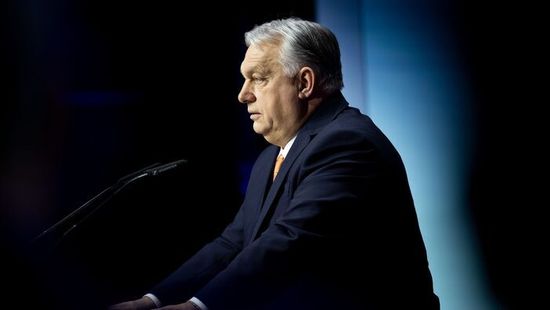

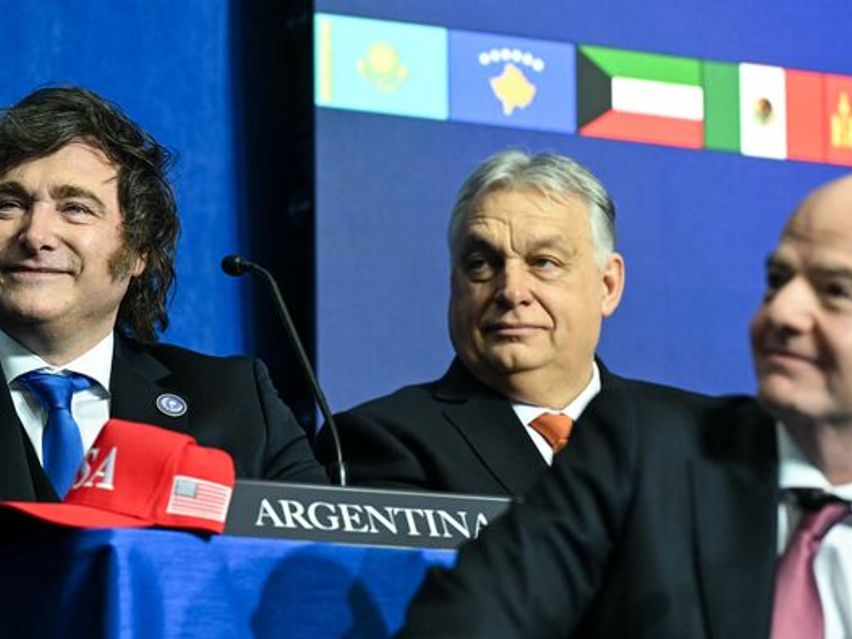
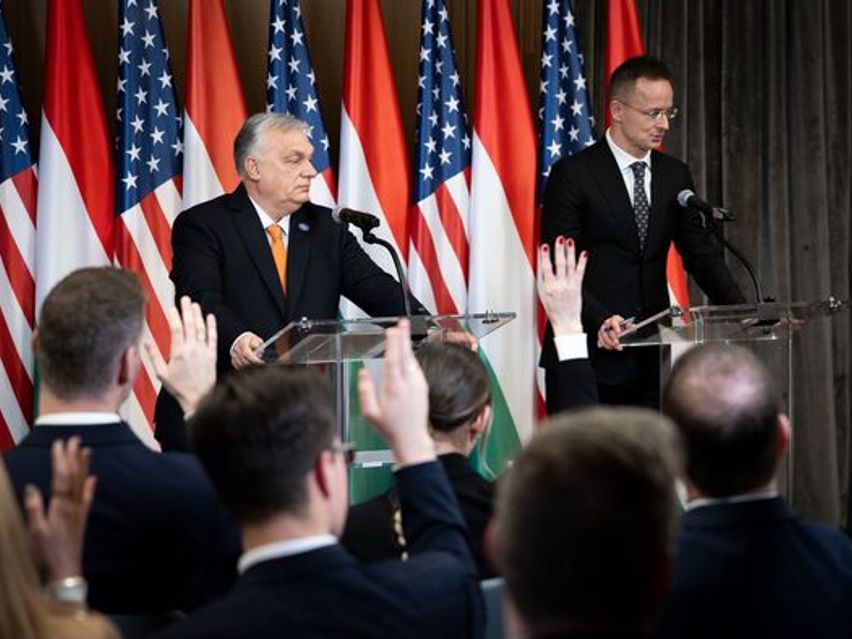
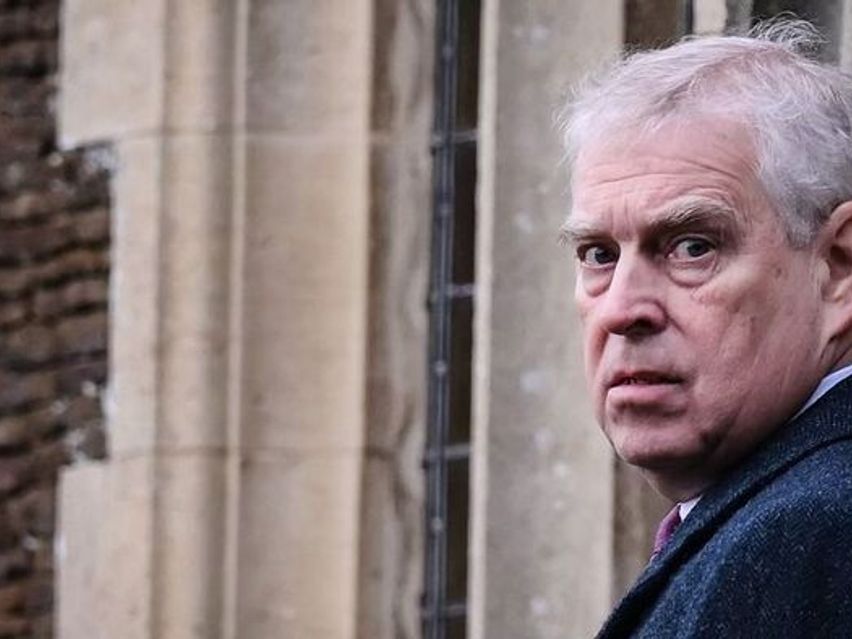
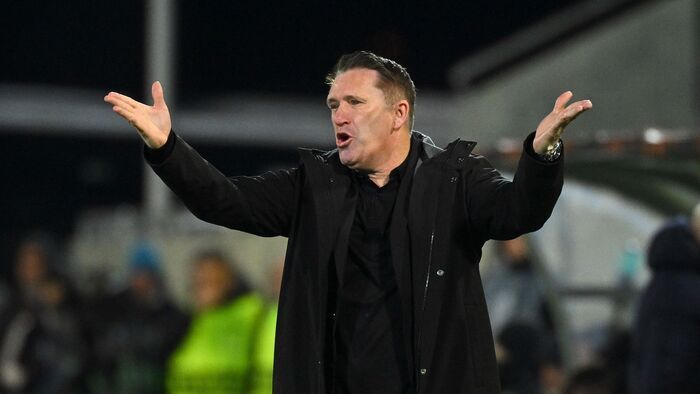

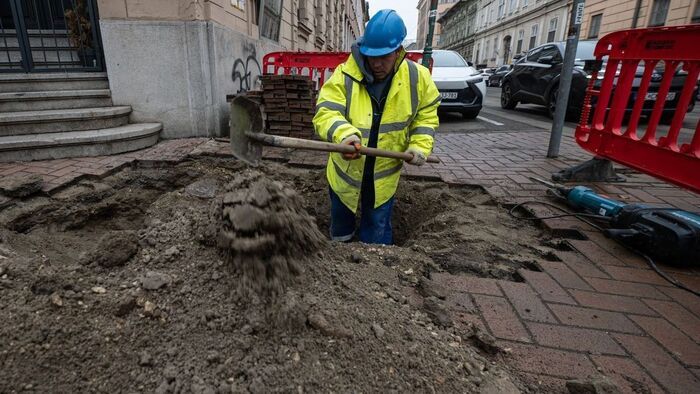


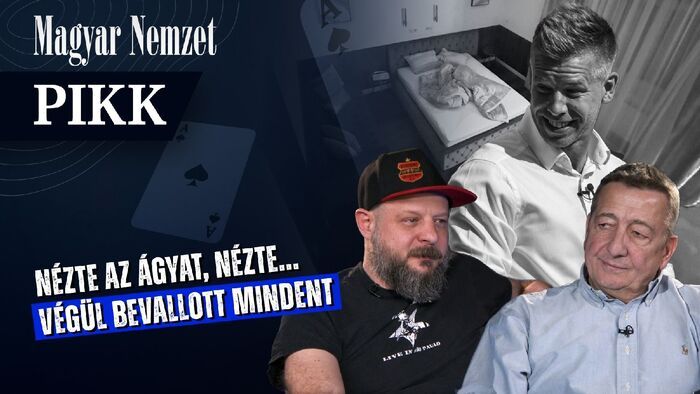
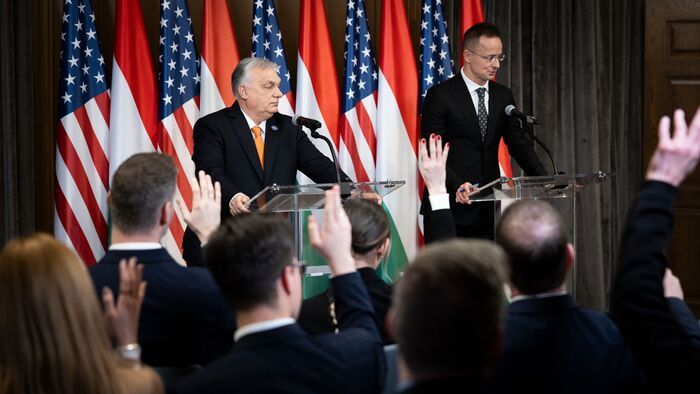
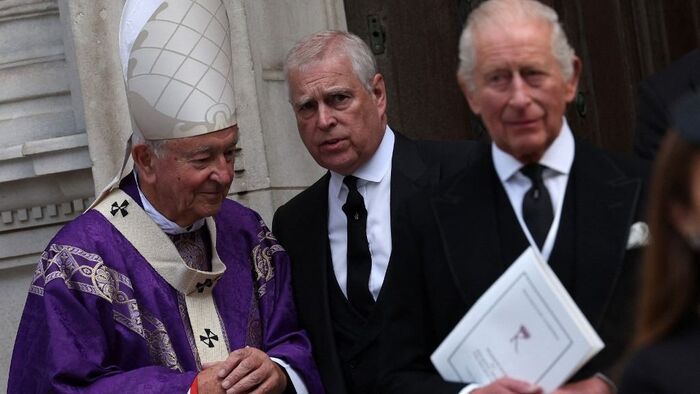
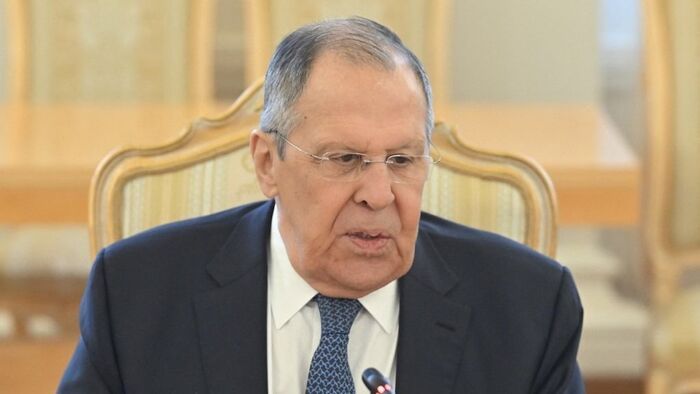

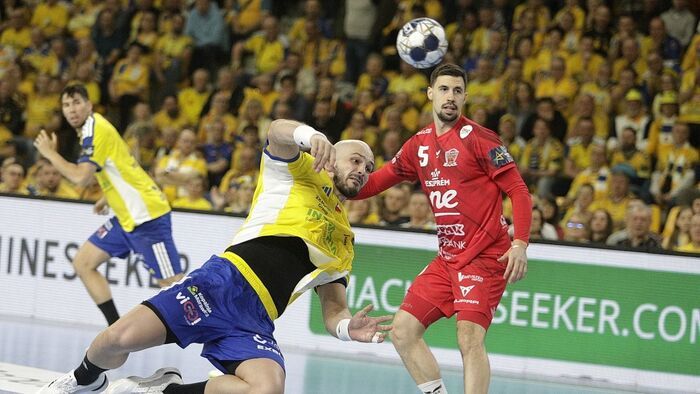

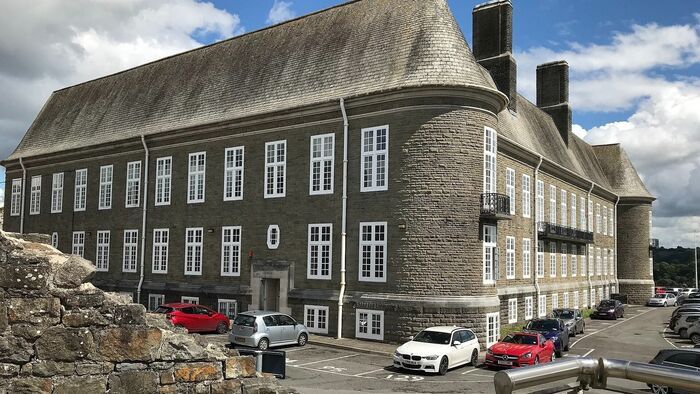

Szóljon hozzá!
Jelenleg csak a hozzászólások egy kis részét látja. Hozzászóláshoz és a további kommentek megtekintéséhez lépjen be, vagy regisztráljon!